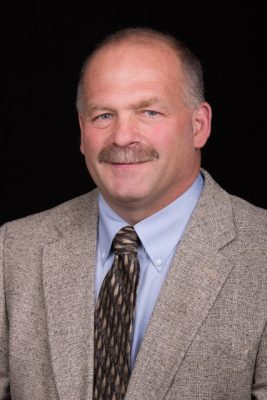
DAIRY FARMERS REMAIN ESSENTIAL THROUGHOUT THIS PUBLIC HEALTH CRISIS

Look for the No. 36 on Milk Containers
New York’s nearly 4,000 dairy farms work year-round, 24 hours a day to ensure consumers are provided an assortment of quality milks, cheeses, yogurts and butter. And although we are all facing a public health crisis, our goal remains the same.
Dairy farmers know the success of the business relies on a series of delicately balanced agricultural, environmental, and economic systems, and that employees are key to these efforts. They manage herds, staff milk parlors, produce feed, and prepare milk for the processors who then pasteurize, homogenize and deliver products to consumers across the Northeast. If any of these systems are under stress, the others are also dramatically impacted.
As the fourth largest dairy state in the U.S., New York is collectively confronting a public health and economic crisis, which has pushed dairy farm systems beyond their limits.
New York is home to 625,000 dairy cows, and they each continue to produce more than 60 gallons of milk every week – totaling 37 million gallons statewide. And the simple fact is, their care remains our top priority.
Schools and restaurants have shuttered, and they are the biggest buyers of milk, butter and cheese, often purchasing large amounts at a time. This has cut more than half and in some cases nearly 75 percent of business transactions for co-ops and processors of milk. And although consumer demand is up at grocery stores, processors are unable to convert packaging lines to meet quantity needs that households demand.
Some farms have been told by their co-op or processor that they must dispose of their milk because there is ultimately no home for it and on-farm storage and holding tanks are limited. When doing so, farmers work to comply with environmental regulations to ensure proper protocols are followed.
How can you help New York farms? Look for the number 36 printed on dairy containers. This number means it was made in New York State, and the four digit code that follows indicates where the milk was processed.
Farmers are working as hard as they can to provide the products you need. Processors, truck drivers, and grocery store workers are doing the same. We’re all in this together.
Everyone needs support throughout this crisis, and New York’s family farms are thankful for yours.
Steve Palladino is a dairy farmer in Tompkins County and chairman of the New York Animal Agriculture Coalition (NYAAC). NYAAC is a farmer founded and funded not-for-profit organization that strives to enhance the public’s understanding of and appreciation for animal agriculture and modern farm practices. NYAAC is effective in doing so by engaging the public in conversations about animal agriculture and empowering farmers to tell their story firsthand.
